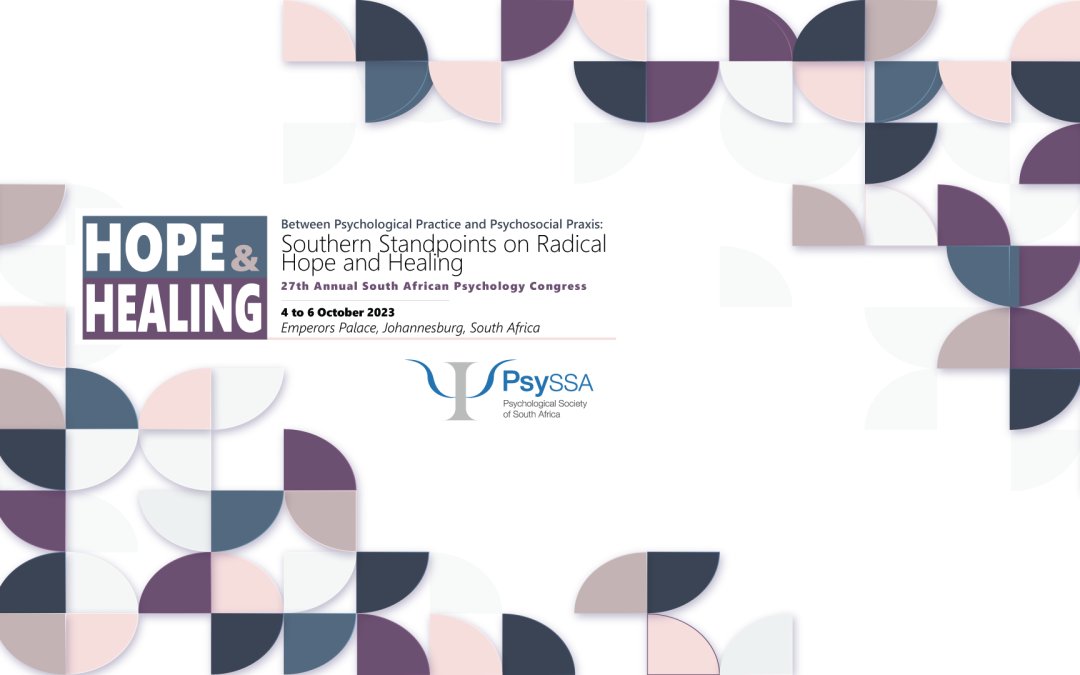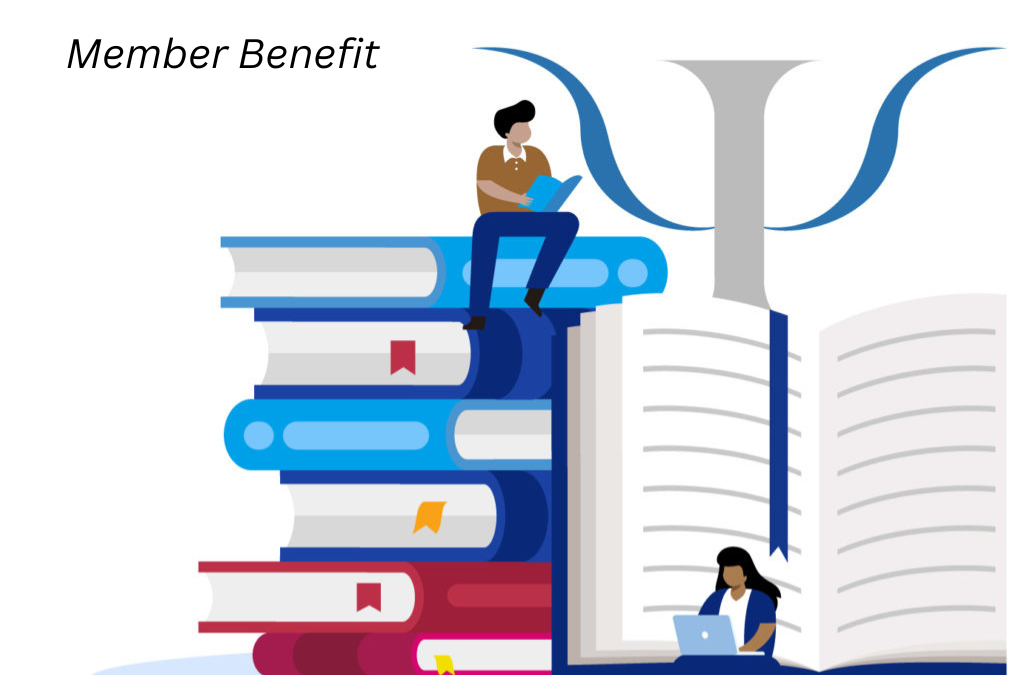PsySSA Commemorates World Mental Health Awareness Day 2023 – Privileging Mental Health: A Call to Action
Dear Esteemed Members of the Psychological Society of South Africa,
With October being declared as Mental Health Month, we are reminded of the abiding imperative to raise awareness of mental health issues and reduce the many forms of discrimination and stigma that continue to plague those experiencing mental health challenges.
As members of PsySSA, we have the opportunity to create a meaningful impact towards the mental well-being of individuals and communities in our country. As advocates for mental health and wellness, we have the privilege and responsibility to harness the resources of our profession to advocate for the kinds of multi-level interventions and changes necessary to foster mental health and well-being.
This October, the Psychological Society of South Africa is proud to present a high-impact social media campaign that centres around the theme of Fostering Mental Health: Uniting the Psychology Community in Action. Our focus will be on highlighting the vital role that psychologists and counsellors play – and are called to play – in supporting vulnerable individuals and communities across our nation.
The Power of Unity: Uniting for Positive Change
Mental health is an integral part of overall well-being, and our profession has the unique capacity to facilitate healing and growth. With the ongoing challenges posed by the aftermath of the COVID-19 pandemic, economic insecurity, and various social issues, the need for mental health support has never been more evident. This October, we aim to illuminate the collective strength of our community and the transformative impact that can be achieved when we work together.
Focusing on Vulnerable Communities
At the heart of our campaign is a deep commitment to serving vulnerable communities. As psychologists and counsellors we are positioned to address the mental health disparities that exist within South Africa. Our campaign will highlight success stories and contextually sensitive practices in providing effective mental health interventions to individuals and groups who are most in need.
A Month of Action: What to Expect
Throughout the month of October, we will be sharing inspiring stories, insightful resources, and thought-provoking discussions on our social media platforms. Here’s a sneak peek of what you can look forward to:
Webinars and Workshops: Engage in enriching webinars and workshops where experts from our community will delve into relevant topics, providing you with new tools and strategies to enhance your practice.
Individual Stories: Learn about the profound impact psychologists and counsellors have had on the lives of their clients. These narratives will emphasise the importance of empathetic care and context-based interventions.
Community Outreach: Discover innovative ways our colleagues are reaching out to underserved communities, spreading awareness about mental health, and delivering support where it is needed most.
Resources and Toolkits: Access a wealth of resources to assist you in your efforts to support clients and communities.
Join Us in Making a Difference
As members of the Psychological Society of South Africa, your expertise, compassion and dedication have the power to change lives. We invite you to actively participate in our October campaign by sharing your own experiences, insights, and stories on social media using the hashtag #PrivilegingMentalHealthSA. By joining forces, we can amplify our collective impact and create a more mentally healthy South Africa.
We are excited to embark on this journey with you, and we look forward to a month filled with meaningful connections, enlightening discussions, and a renewed sense of purpose. Let us stand united in our mission to promote mental health and well-being and make a lasting difference in the lives of those we serve.
Psychological Society of South Africa













